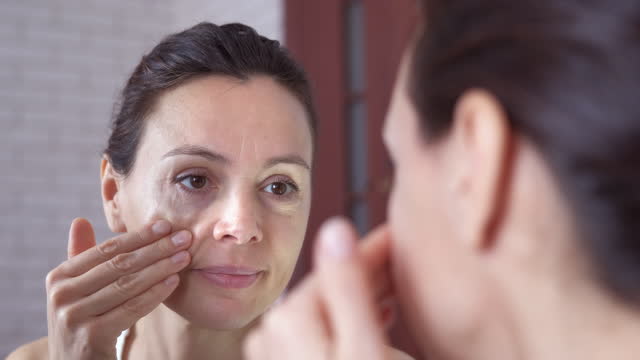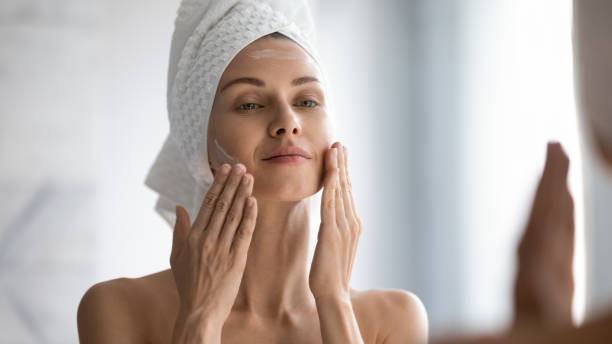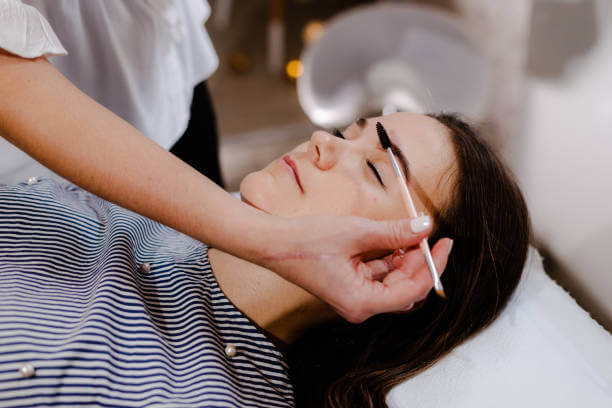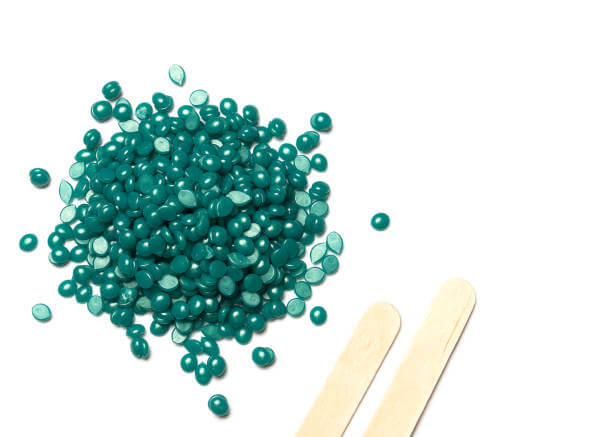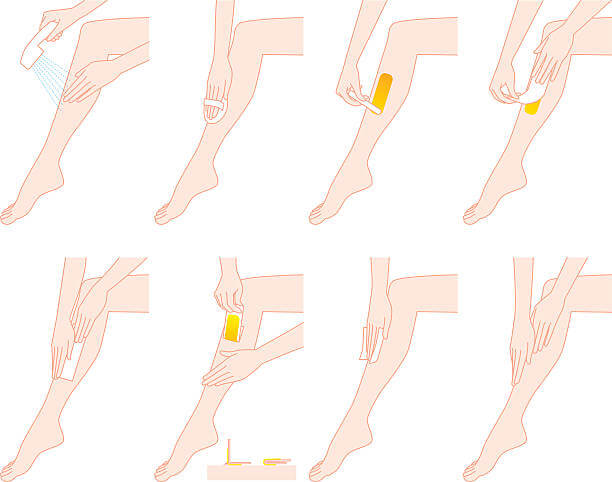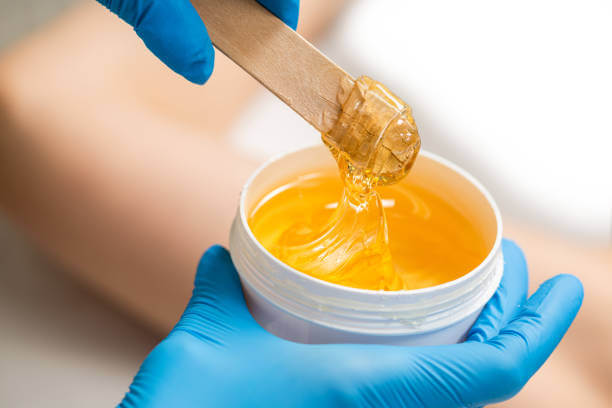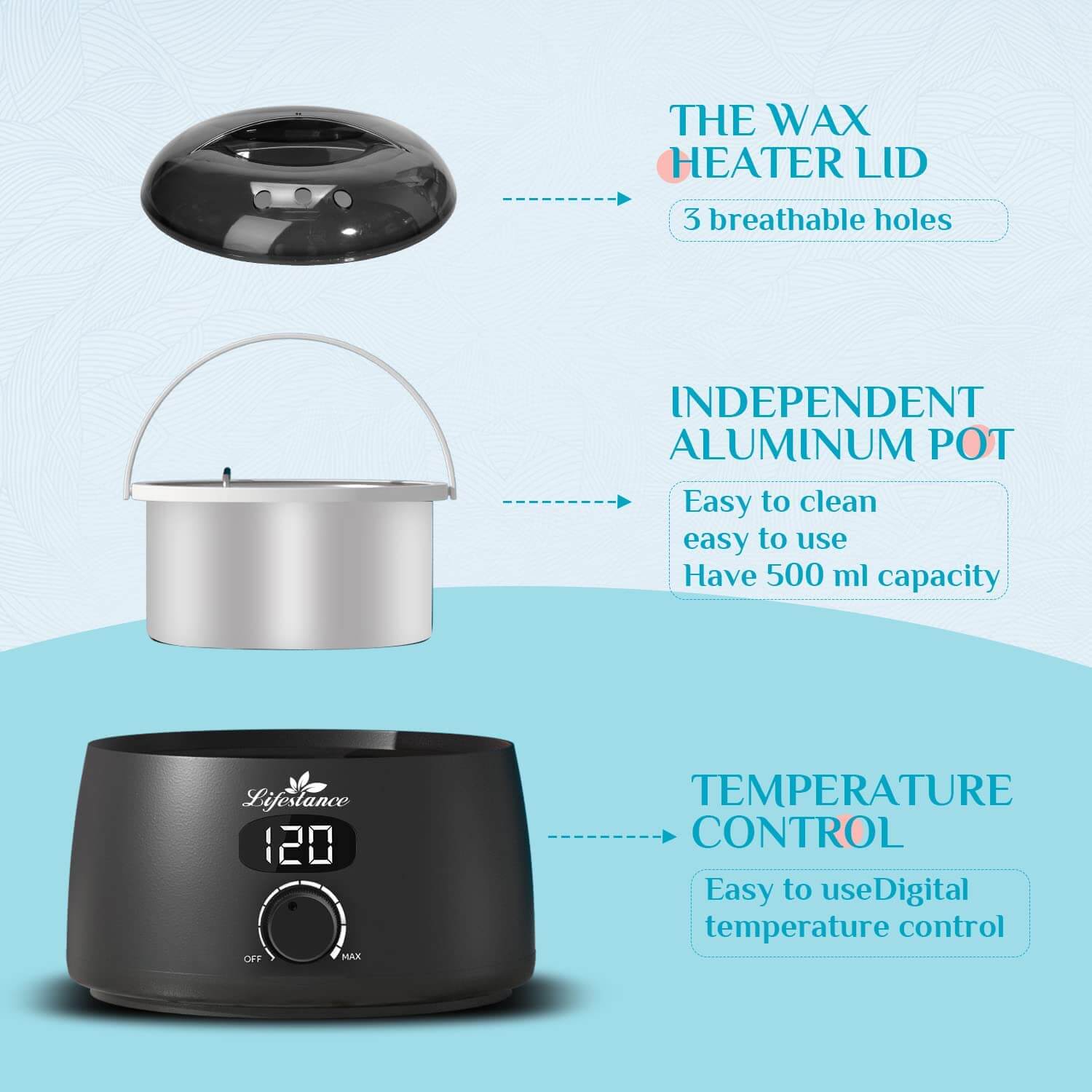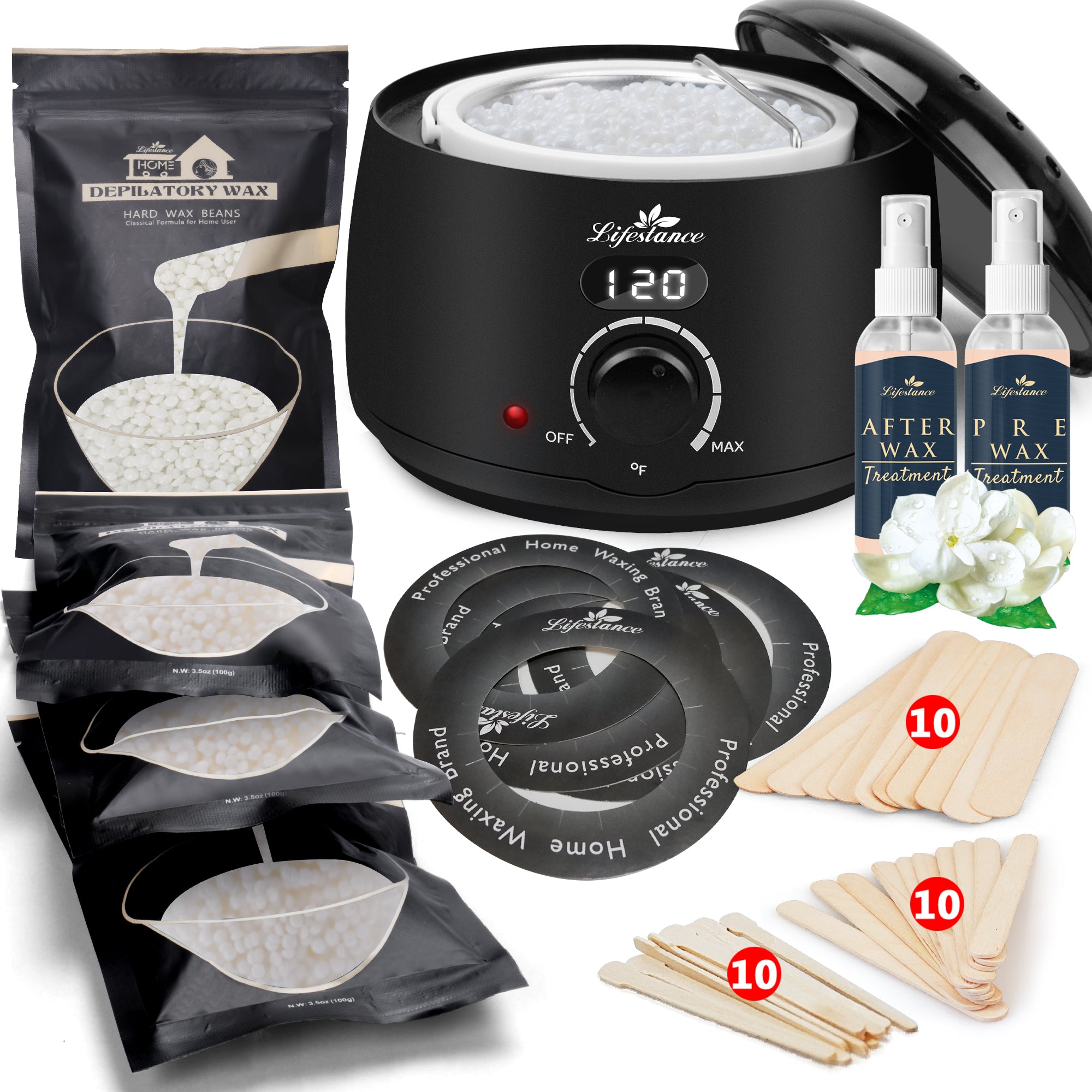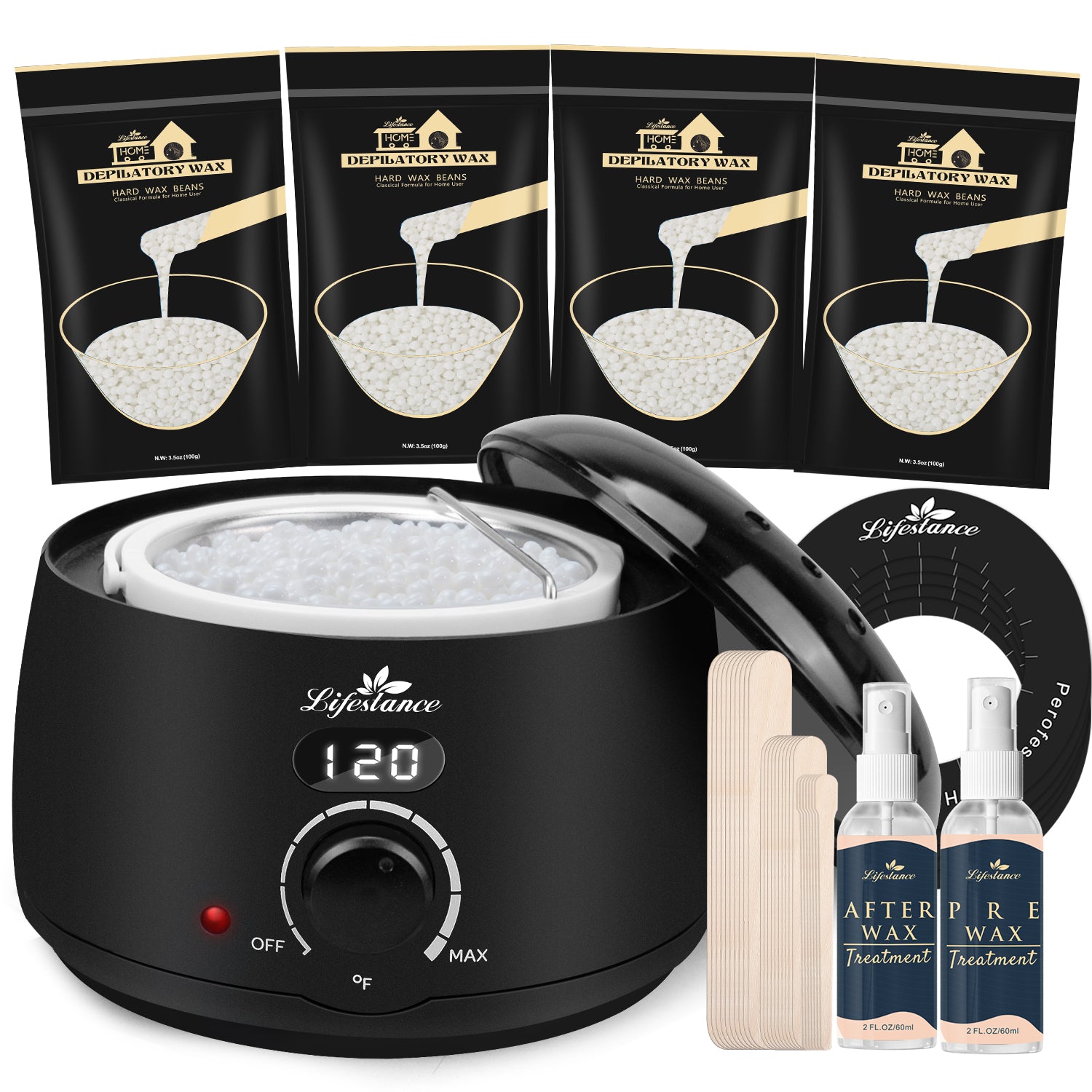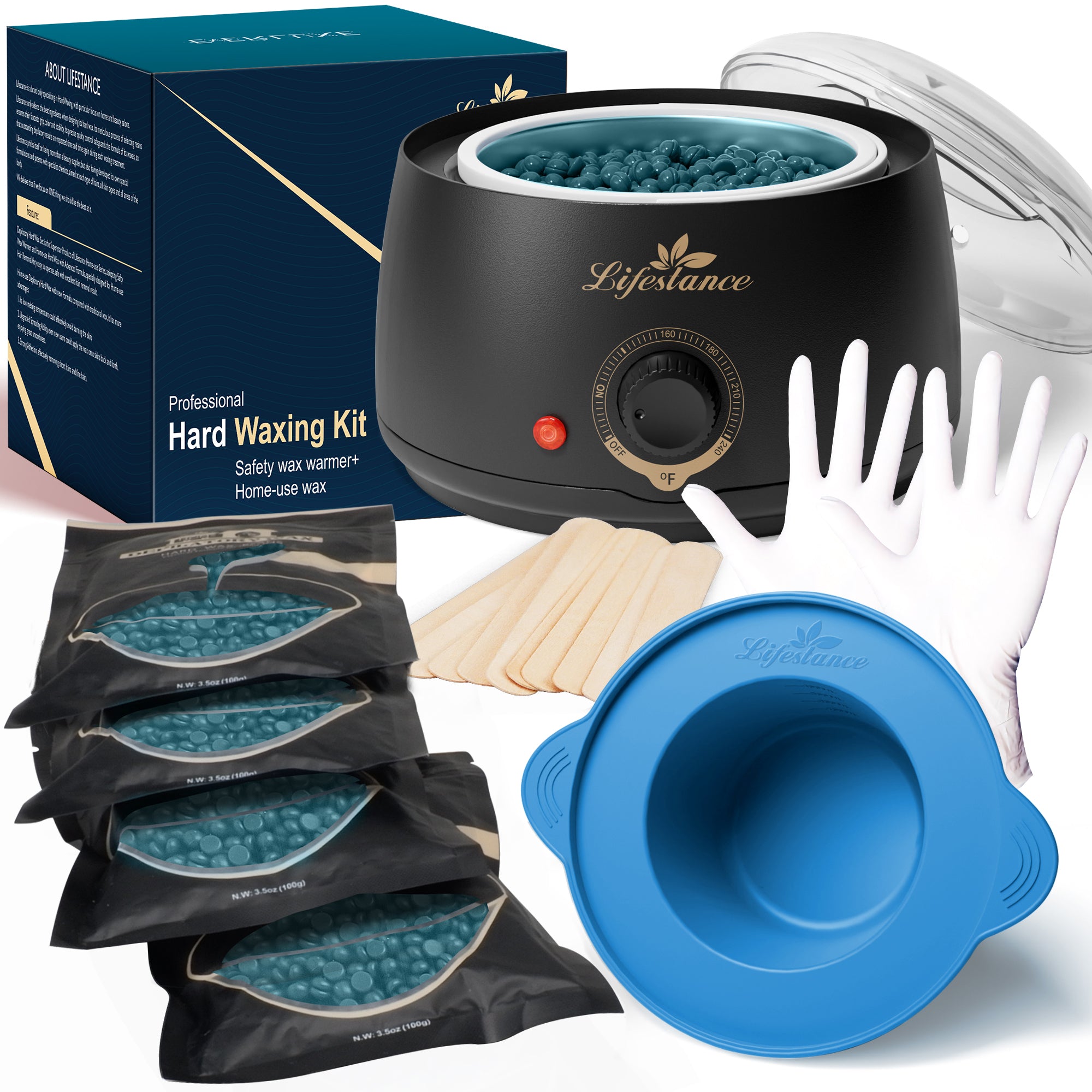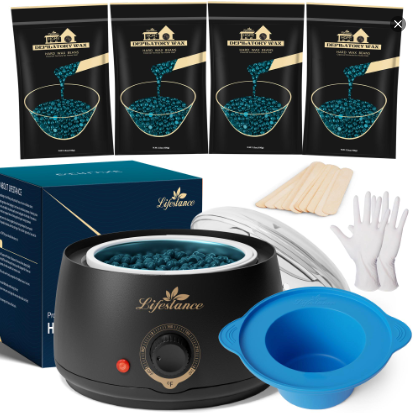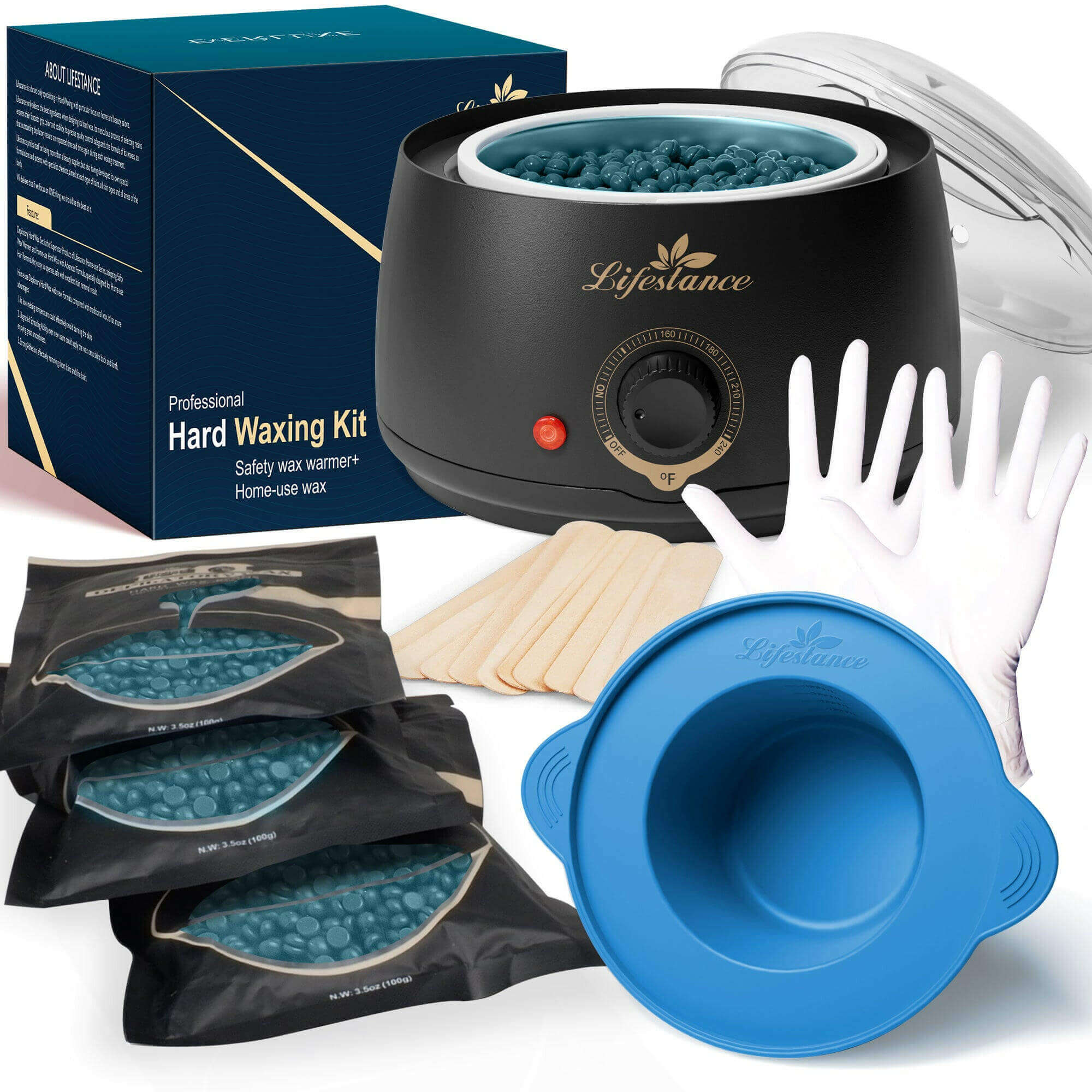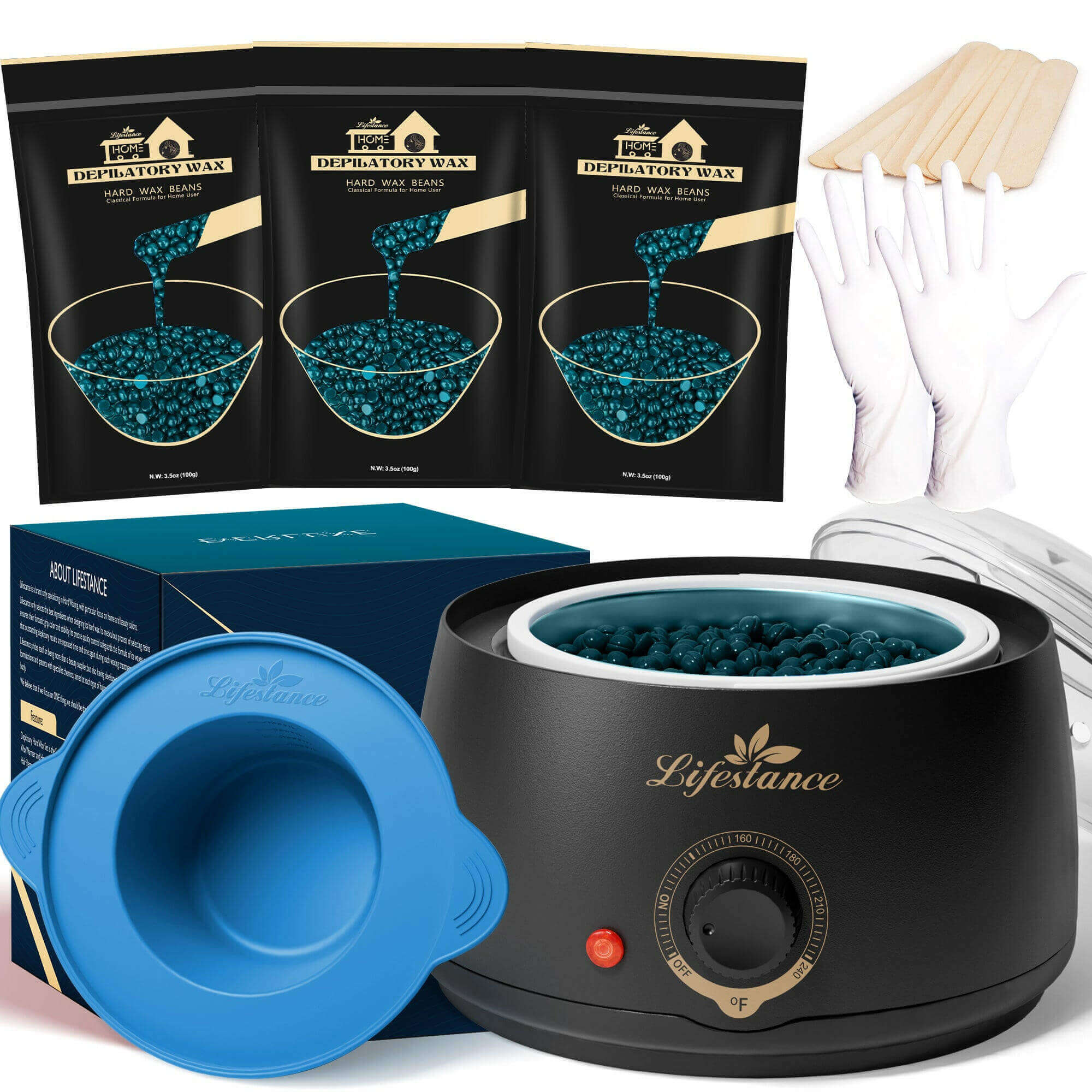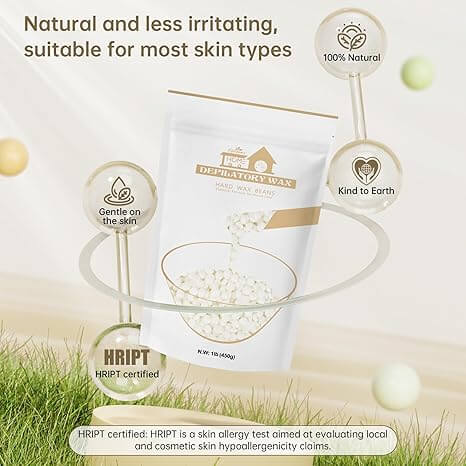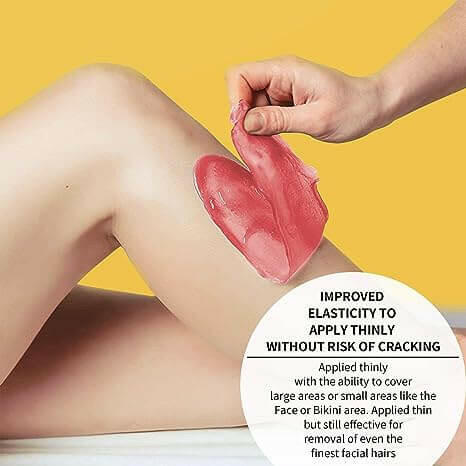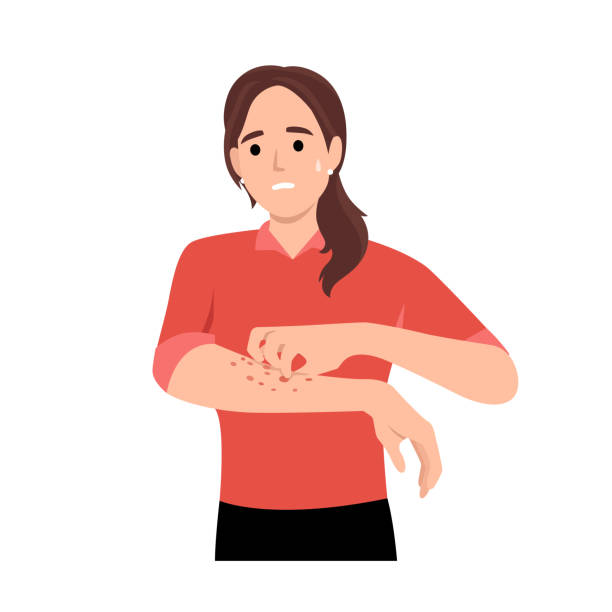
A BRIEF GUIDE TO AVOIDING SKIN INFECTIONS
A Comprehensive Guide to Avoiding Skin Infections
Skin infections can range from mild and inconvenient to severe and potentially life-threatening. While some skin infections are unavoidable, many can be prevented by adopting proper hygiene practices and taking proactive measures. In this comprehensive guide, we'll explore various strategies to help you avoid common skin infections and maintain a healthy, infection-free complexion.Understanding Skin Infections
Before delving into prevention methods, it's essential to understand the different types of skin infections and their causes:- Bacterial Infections: These infections are caused by bacteria, such as Staphylococcus aureus or Streptococcus pyogenes, and can result in conditions like impetigo, cellulitis, or folliculitis.
- Viral Infections: Viruses like the herpes simplex virus (HSV) or the human papillomavirus (HPV) can cause skin infections like cold sores, warts, or shingles.
- Fungal Infections: Fungi like dermatophytes or Candida can lead to infections like athlete's foot, ringworm, or yeast infections.
- Parasitic Infections: Parasites like scabies mites or lice can burrow into the skin, causing intense itching and rashes.
Maintaining Proper Hygiene
One of the most effective ways to prevent skin infections is by maintaining proper hygiene practices:- Hand Washing: Frequent and thorough hand washing with soap and water can help remove bacteria, viruses, and other pathogens that can cause skin infections.
- Bathing and Showering: Regular bathing or showering can help remove dirt, sweat, and dead skin cells that can harbor infectious agents.
- Clean Clothing and Linens: Wearing clean clothes and using fresh linens can prevent the spread of infectious agents from contaminated surfaces.
- Wound Care: Properly cleaning and dressing wounds can prevent bacterial or fungal infections from setting in and promote faster healing.
Protecting Your Skin
In addition to hygiene practices, there are several measures you can take to protect your skin from potential infections:- Moisturizing: Keeping your skin well-hydrated can help maintain its natural barrier function, preventing the entry of infectious agents.
- Avoiding Shared Personal Items: Avoid sharing personal items like towels, razors, or makeup, as these can harbor and transmit infectious agents.
- Protecting Cuts and Scrapes: Cover any cuts, scrapes, or open wounds with a clean bandage to prevent the entry of bacteria or other pathogens.
- Practicing Safe Intimacy: Practicing safe intimacy by using barrier methods like condoms can help prevent the transmission of sexually transmitted infections (STIs).
Lifestyle and Environmental Factors
Certain lifestyle and environmental factors can increase your risk of developing skin infections. Addressing these factors can help reduce your chances of infection:- Stress Management: Chronic stress can weaken the immune system, making you more susceptible to infections. Practice stress-reducing activities like meditation, yoga, or exercise.
- Balanced Diet: A diet rich in essential nutrients can support a healthy immune system and promote overall skin health.
- Avoiding Shared Facilities: Be cautious when using shared facilities like public pools, locker rooms, or gym equipment, as these can harbor infectious agents.
- Proper Footwear: Wear appropriate footwear in public areas like pools or locker rooms to prevent the spread of fungal infections like athlete's foot.
Seeking Professional Help
In some cases, seeking professional medical advice may be necessary to prevent or treat skin infections:- Vaccinations: Certain vaccinations, like the HPV vaccine or the shingles vaccine, can help prevent viral skin infections.
- Prescription Medications: For severe or persistent skin infections, your healthcare provider may prescribe antibiotics, antifungal medications, or antiviral treatments.
- Professional Skin Care: Consulting with a dermatologist or skincare professional can help identify and address any underlying skin conditions that may increase your risk of infections.
CONTINUE READING
Waxing Product
Why Choose Us
At Lifestance, we understand that everyone's hair removal needs are unique. That's why we offer a wide range of professional waxing kits to ensure that different skin types, body hair types and budgets are catered for. Whether you are a seasoned beauty professional or a first-time self-service waxer, we are committed to providing you with an exceptional product and service experience.
Safety and ComfortOur waxing products are made with natural and gentle formulas that have passed rigorous testing and certification to ensure that skin irritation is minimized. At the same time, our patented heating technology allows for precise temperature control, so you can enjoy a comfortable waxing experience.
Professional Quality Convenient and PracticalWhether you're a licensed esthetician or a homeowner, Lifestance has you covered. Our kits contain everything you need and are so easy to use that even beginners can master them. The quality of our products is outstanding, ensuring smooth, flawless skin.
Innovative ideas and serviceWe are constantly developing innovative technologies and formulas to provide our customers with an unprecedented hair removal experience. Whatever your questions or needs, our team of professionals is always on hand to provide you with personalized service and guidance.
When you choose Lifestance, you choose beauty, comfort, convenience and professionalism. We are dedicated to providing you with an exceptional hair removal experience that will help you look and feel your best.

